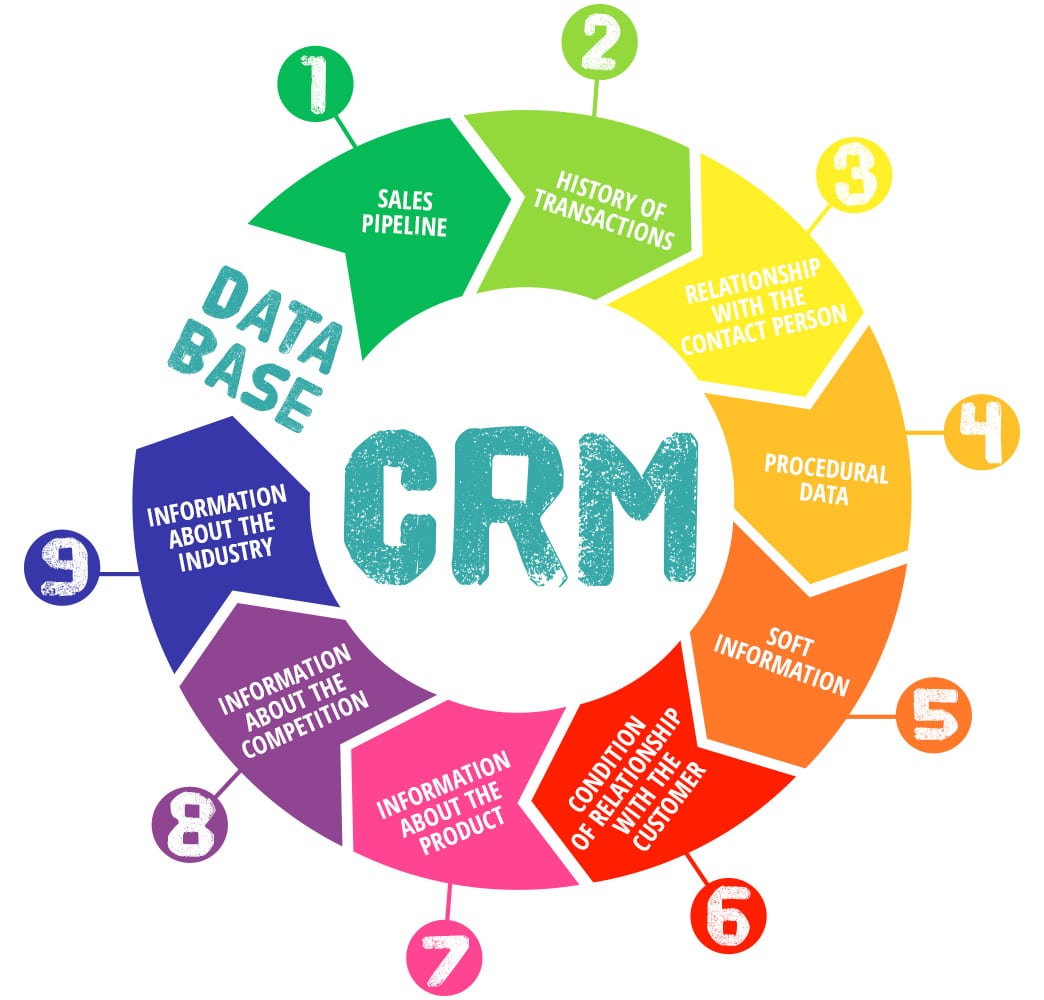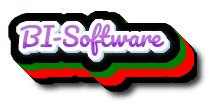Introduction

In today’s competitive business landscape, managing customer relationships effectively is crucial for success. Customer Relationship Management (CRM) software has become an essential tool for businesses of all sizes, enabling them to streamline interactions, boost sales, and improve customer satisfaction. This article will delve into the world of CRM software, exploring its features, benefits, and implementation. Additionally, we will provide a comprehensive CRM software presentation PPT to help businesses make informed decisions.
What is CRM Software?
CRM software is a set of tools designed to manage and analyze customer interactions and data throughout the customer lifecycle. It enables businesses to centralize customer information, automate tasks, and gain insights into customer behavior, preferences, and needs. By using CRM software, companies can personalize their interactions with customers, respond to their concerns, and provide timely support.
Key Features of CRM Software
A robust CRM software typically includes the following features:
- Contact Management: Centralized storage of customer contact information, including names, email addresses, phone numbers, and social media profiles.
- Sales Management: Tools to manage sales processes, including lead tracking, opportunity management, and pipeline analysis.
- Marketing Automation: Automated workflows for email marketing, campaign management, and lead generation.
- Customer Service and Support: Features to manage customer inquiries, issues, and feedback, including ticketing systems and knowledge bases.
- Reporting and Analytics: Insights into customer behavior, sales performance, and marketing effectiveness through customizable reports and dashboards.
Benefits of CRM Software
The benefits of CRM software are numerous, including:
- Improved Customer Relationships: Personalized interactions, timely support, and effective communication lead to increased customer satisfaction and loyalty.
- Increased Sales: Better sales forecasting, pipeline management, and lead generation enable businesses to close more deals and drive revenue growth.
- Enhanced Marketing Efforts: Data-driven marketing automation and analytics help businesses target the right audiences, reduce costs, and improve campaign effectiveness.
- Increased Efficiency: Automated workflows, centralized data storage, and streamlined processes reduce manual errors, save time, and boost productivity.
- Data-Driven Decision Making: Insights from CRM software inform strategic business decisions, enabling companies to respond to changing market conditions and customer needs.
Implementing CRM Software
Implementing CRM software requires careful planning, execution, and ongoing support. Here are some best practices to consider:
- Define Your CRM Goals: Identify specific business objectives and metrics to measure the success of your CRM initiative.
- Choose the Right CRM Solution: Select a CRM software that aligns with your business needs, budget, and technical requirements.
- Develop a Implementation Plan: Establish a project timeline, milestones, and resource allocation plan to ensure a smooth rollout.
- Train and Support Users: Provide comprehensive training and ongoing support to ensure user adoption and maximize the benefits of your CRM software.
- Monitor and Evaluate Performance: Regularly review and analyze CRM data to identify areas for improvement, optimize workflows, and adjust strategies.
CRM Software Presentation PPT
The following is a sample CRM software presentation PPT outline:
Slide 1: Introduction to CRM Software
- Definition and importance of CRM software
- Overview of CRM features and benefits
Slide 2-3: Key Features of CRM Software
- Contact management
- Sales management
- Marketing automation
- Customer service and support
- Reporting and analytics
Slide 4-5: Benefits of CRM Software
- Improved customer relationships
- Increased sales
- Enhanced marketing efforts
- Increased efficiency
- Data-driven decision making
Slide 6-7: Implementing CRM Software
- Defining CRM goals
- Choosing the right CRM solution
- Developing an implementation plan
- Training and supporting users
- Monitoring and evaluating performance
Slide 8-10: Case Studies and Examples
- Real-life examples of businesses that have successfully implemented CRM software
- Lessons learned and best practices
Slide 11: Conclusion and Recommendations
- Summary of key takeaways
- Recommendations for businesses considering CRM software
Frequently Asked Questions (FAQ)
- What is the cost of CRM software?: The cost of CRM software varies depending on the solution, deployment model, and number of users. Prices range from a few dollars per user per month to several hundred dollars per user per year.
- Do I need technical expertise to implement CRM software?: While some technical knowledge is beneficial, many CRM software solutions offer user-friendly interfaces, pre-built workflows, and extensive support resources, making it possible for non-technical users to implement and manage CRM software.
- Can CRM software be integrated with other business systems?: Yes, many CRM software solutions offer integration with popular business applications, such as email marketing tools, customer service software, and accounting systems.
- Is CRM software suitable for small businesses?: Absolutely, CRM software can be a game-changer for small businesses, helping them to manage customer relationships, streamline sales processes, and improve marketing efforts, all within a limited budget.
- What are the common CRM software deployment models?: The most common CRM software deployment models include on-premise, cloud-based (SaaS), and hybrid deployments.
Conclusion
In conclusion, CRM software is a powerful tool for managing customer relationships, driving sales growth, and improving marketing effectiveness. By understanding the key features, benefits, and implementation best practices, businesses can unlock the full potential of CRM software and gain a competitive edge in their respective markets. As demonstrated in our sample CRM software presentation PPT, a well-structured and comprehensive CRM strategy can have a significant impact on business success. By considering the FAQ and CRM software presentation PPT provided in this article, businesses can make informed decisions about their CRM initiatives and drive long-term growth and profitability.
Closure
Thus, we hope this article has provided valuable insights into The Power of CRM Software: Unlocking Customer Relationship Management. We appreciate your attention to our article. See you in our next article!
